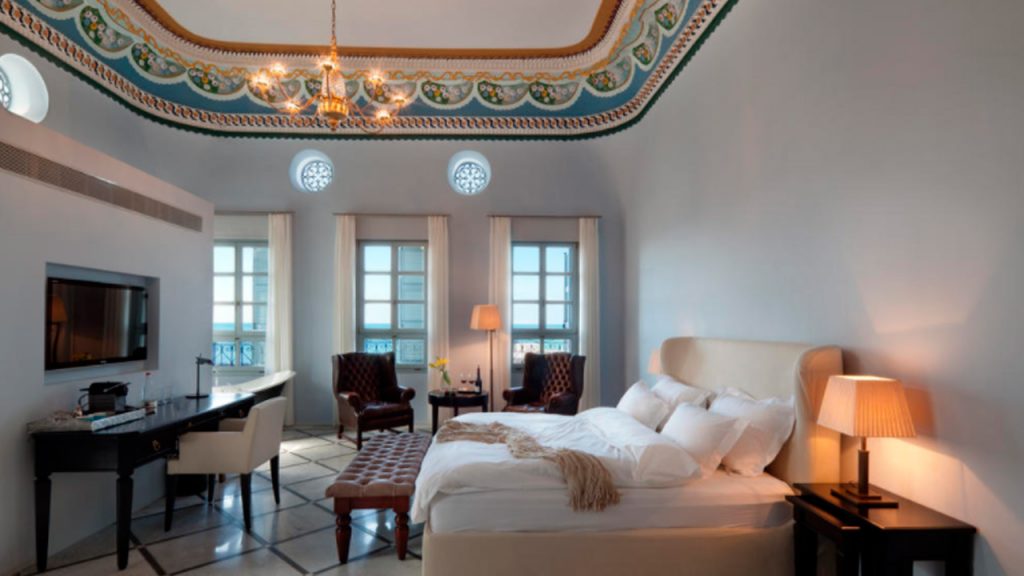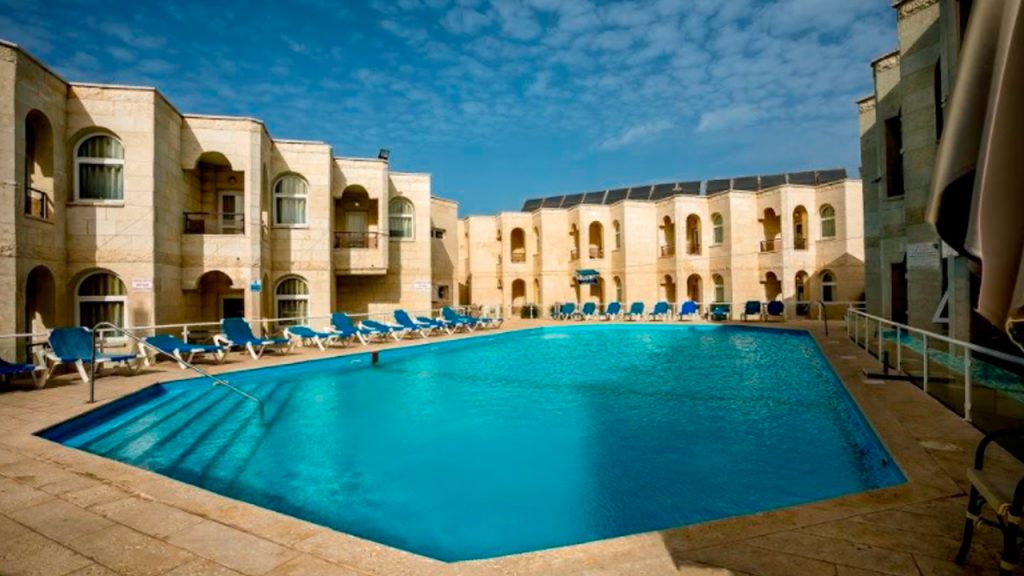Acre Historical Heritage Tour
Acre, also known as Akko or Accho, is a city located in the western Galilee region of Israel. With a rich history dating back to ancient times, Acre has been a strategic location for various civilizations throughout the centuries.
In ancient times, Acre was known as Ptolemais, and was a major port city for the Greek Seleucid empire. It was conquered by the Roman Empire in 63 BC and served as an important port city for the Roman province of Syria.
During the Crusader period in the 12th century, Acre became a major city in the Kingdom of Jerusalem. The city was captured by the Crusaders in 1104 and served as the capital of the kingdom until 1291, when it was conquered by the Mamluk Sultanate. The city’s Crusader-era fortifications and structures, such as the Hospitaller Fortress and the Knights’ Halls, can still be seen today.
In the 18th century, Acre was ruled by the Ottoman Empire. It served as an important port city and center of trade, with a diverse population of Arabs, Jews, Christians, and Druze. The city was a major center of the Jewish community in the region, with a thriving Jewish quarter and several synagogues.
During World War I, Acre was the site of a major battle between the British and Ottoman armies. The city was eventually captured by the British in 1918, leading to the end of Ottoman rule in the region.
After the establishment of the State of Israel in 1948, Acre became part of the new country. The city’s Arab population was displaced during the 1948 Arab-Israeli War, and the city’s Jewish population increased as Jewish immigrants from various countries settled in the city.
Today, Acre is a bustling city with a population of around 50,000. It is a major tourist destination, known for its rich history and cultural heritage. Visitors can explore the city’s Old City, which is a UNESCO World Heritage site, and see the remnants of the Crusader period and the Ottoman era. The city also has several museums, such as the Acre Prison Museum and the Ilana Goor Museum, which showcase the city’s history and culture.
Acre is also known for its vibrant arts scene, with several festivals and events throughout the year, including the Acre Festival of Alternative Israeli Theater and the Akko Festival of Dance. The city also has a thriving culinary scene, with a variety of restaurants and street food vendors offering traditional Middle Eastern and Mediterranean cuisine.
Despite its rich history, Acre faces several challenges today. The city has a high poverty rate, and many residents struggle with unemployment and lack of affordable housing. Additionally, the city has been affected by the ongoing Israeli-Palestinian conflict, and residents have experienced tensions and violence.
Despite these challenges, Acre remains a city with a rich and diverse cultural heritage. Its history and its people have shaped it into a unique and vibrant place that continues to attract visitors from around the world.
In conclusion, Acre has a rich history that spans thousands of years, from ancient times to modern era. It was conquered and ruled by many civilizations like the Greeks, Romans, Crusaders, Ottomans, and now Israel. The city has undergone several changes over the centuries, but it has managed to retain its cultural heritage, making it a must-see destination for tourists interested in history and culture. The city has several historical sites to visit and a thriving arts scene. However, it also faces some socio-economic challenges like poverty and unemployment. Despite these challenges, Acre remains a city with a rich cultural heritage and vibrant atmosphere.


